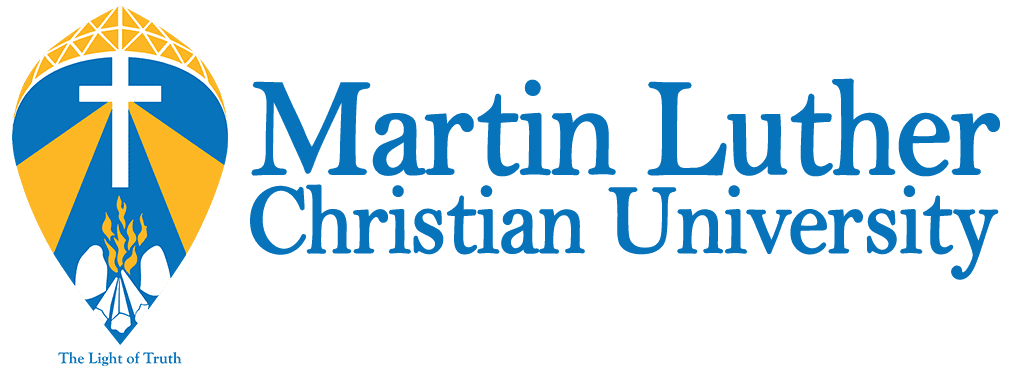MARIBON V. SANGMA
Head, Department of Counseling Psychology
MLCU
The pressing social, political, and economic conditions in the country and around the world, and sweeping transformations brought about by urban growth and industrialization, information technology and globalization all the more require individuals to adapt to radically and rapidly changing occupational structures. This leave our local young person in the Northeast all the more anxious of what is ahead of their lives otherwise stays in status quo of career myopia.
Many say that we can never know what lies ahead of us, yet another says we shape our destiny. Regardless of the locus of control, one can say that career preparation is tantamount to any academic and extra-curricular activities in any educational institution particularly in schools in terms of trying to make sense of where students go after schooling?
When asked during career workshops, many of the class 9-12 students studying in Meghalaya are unclear of their career path and career alternatives. While many of them are aware of the known careers such as engineering, medical doctor, army, teacher, and business management, their knowledge of other careers and exposure to the world of work do not go farther than what is taught in the class or shown in ads. These observable facts may partly explain the academic motivation and the brimming drop-out and unemployment rate in the state because the connection between school and work is not quite polished. To claim this observation further, a comprehensive research on the youth work and future orientations is being initiated by the Martin Luther Christian University, Counseling Psychology Department.
In preparing for career, the students’ career interest must be highly considered. Studies show that interest towards a career choice increase job satisfaction, productivity and efficiency regardless of the work condition in both rural or urban settings because people with high career interest tend to take their profession as a “calling” rather than a mere obligation. In short, regardless of the tasks attached to certain careers, there is a “Dignity of Labor”.
On the other hand, the aptitude of the students must be strongly taken into accounted. Their overall potential may be identified by understanding the combination of one’s interest and aptitude. It may be claimed that the youth of Meghalaya have great talents that need to be identified and understood by themselves, parents, and other significant others who may influence them in their career decisions and planning for their livelihood. Howard Gardner in his theory of Multiple Intelligence claims that each one of us possesses combinations of intelligences for instance, linguistic, spatial, logical-mathematical, personal, body-kinesthetic, etc. We may stand out in one or two but it does not mean the absence of the others. Thus, awareness of one’s multiple intelligence may broaden career alternatives considering that various careers require various potentials. To develop better understanding of this career dimension, guidance of professional career counselors who goes beyond providing mere career information may greatly help. This sector is yet to set its foot in Meghalaya, but efforts on this matter have been initiated and are still in progress.
However, efforts from professional counselors should link with other stakeholders and government because the painful truth behind economic status may derail the career paths of mostly the poor but talented youths, needless to say, that the education system, quota system, scholarship system needs appraisal in terms of effectiveness and impact on the issue of school to work transition. The aim of the government to make 2012-2013 as Youth Year may be appreciated, but every year should be a youth year. For this to happen, careful drafting of the Youth Policy and the Education Policy is paramount. Vocational and livelihood alternatives in both rural and urban settings must be thoughtfully drafted. In so doing, challenges may be overcome with collective effort of like-minded stakeholders to corroborate our precious youth find their answer to the question: Where do we go from School?
(The Author is a lecturer in Counseling Psychology Department of Martin Luther Christian University, Shillong currently pursuing her research on career psychology, holds a degree in Counseling Psychology and a certified Career Counselor. For any inquiries, she may be contacted by e-mail: yvonnebgo@yahoo.com)
